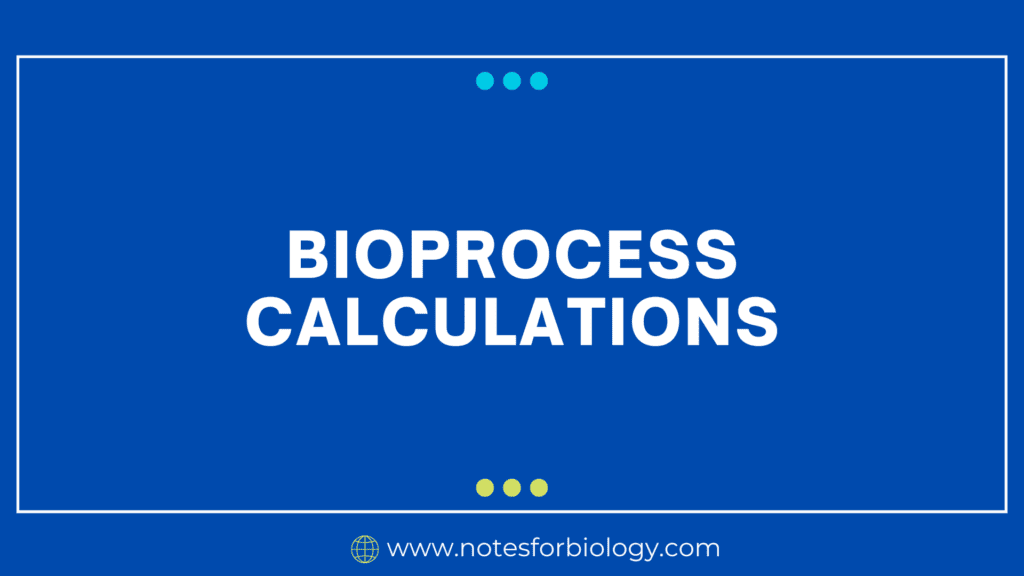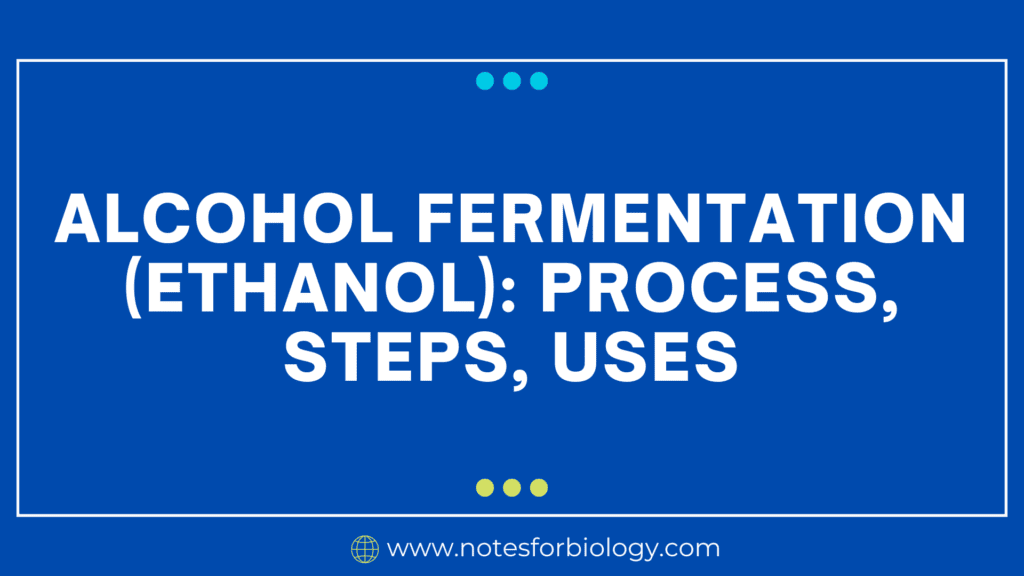Fermentation
Introduction Fermentation is a metabolic process that uses microorganisms to convert sugars into acids, gases, or alcohol in either anaerobic or aerobic conditions. It is essential in a variety of industrial applications, including food production and biotechnology. Here’s an overview of the various types of fermentative processes and the biosynthetic mechanisms involved. Types of Fermentative […]










